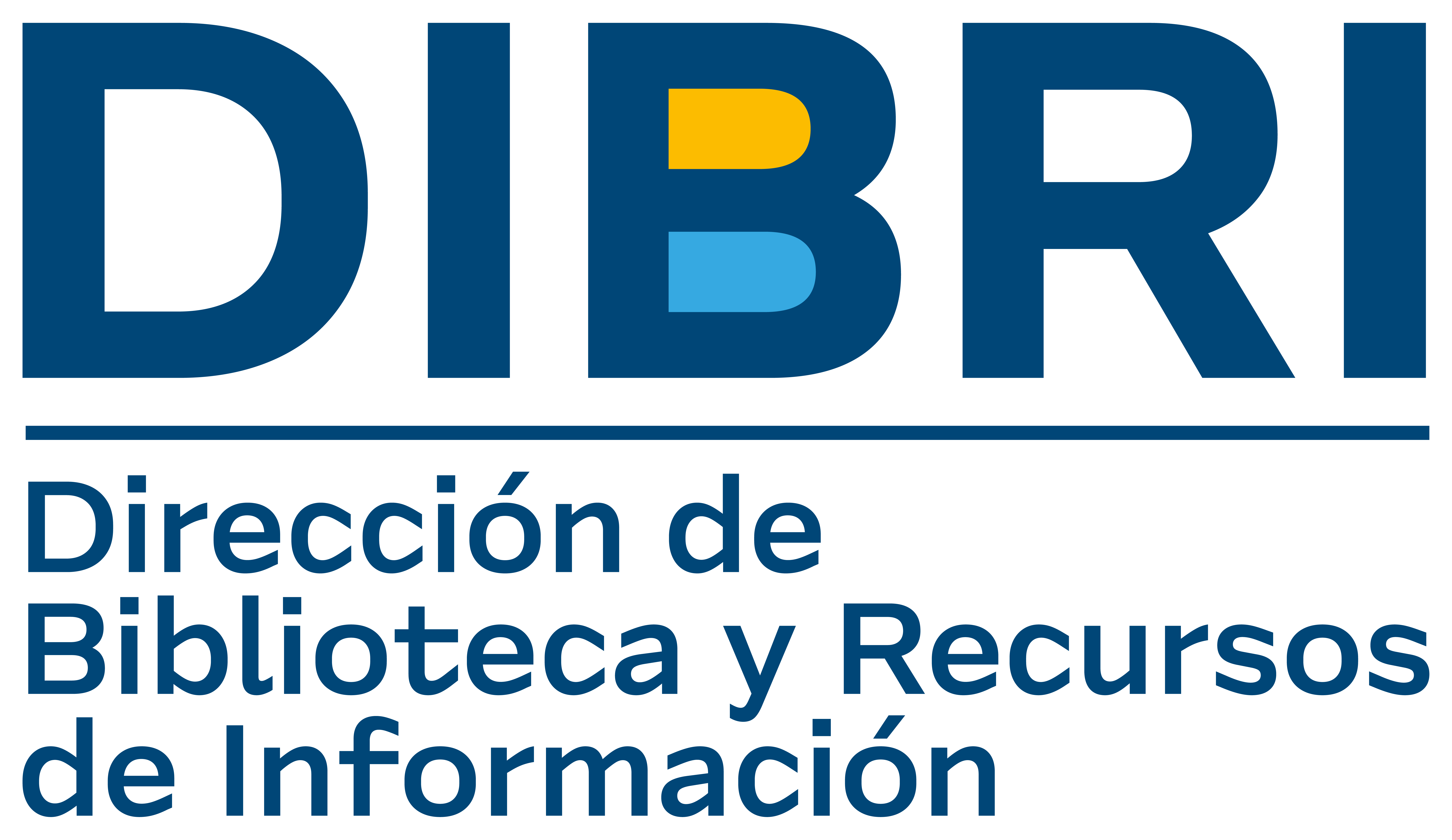Mostrar el registro sencillo del ítem
Promoting Inclusive Voices: Combining Differentiation Strategies for Active Oral Participation in Mixed-Level EFL Classrooms
| dc.contributor.advisor | Irizar Santander, Arantxa Amaia [prof. guía] | |
| dc.contributor.advisor | Cortés, Tamara [Profesor informante] | |
| dc.contributor.advisor | Birkner, Victor [Profesor informante] | |
| dc.contributor.author | Machuca, Damaris | |
| dc.contributor.author | Tapia, Violeta | |
| dc.date.accessioned | 2025-04-01T15:31:17Z | |
| dc.date.available | 2025-04-01T15:31:17Z | |
| dc.date.issued | 2024 | |
| dc.identifier.other | INGL IR68p 2024 | |
| dc.identifier.uri | http://repositorio.ucsh.cl/xmlui/handle/ucsh/3761 | |
| dc.description | Seminario de Título Profesor de Inglés para Educación Básica y Media) - Universidad Católica Silva Henríquez, 2024 | es |
| dc.description.abstract | This investigation aimed to explore strategies for promoting inclusive oral participation in mixed-level English as a Foreign Language (EFL) classrooms in Chile. The problem addressed is the disparity in engagement caused by proficiency differences, where advanced students often feel under-challenged, and less proficient learners avoid participation due to fear of mistakes. These dynamics result in unequal opportunities, hindering motivation and oral skill development for all students. Guided by the question of How do teachers and students perceive and experience inclusive oral participation? the study focused on identifying influential factors, analysing teacher strategies, and understanding student perceptions. A qualitative case study was conducted in a subsidized high school in Santiago. Data were collected through semi-structured interviews with a teacher and a focus group with four 10th-grade students, selected based on proficiency levels and participation tendencies. Using thematic analysis, four themes emerged: opportunities and challenges in mixed-level classrooms, anxiety and confidence, effective participation strategies, and unequal participation dynamics. Findings revealed that peer collaboration, differentiated instruction, and technology fostered inclusion, yet advanced students expressed frustration with overburdened roles. Emotional barriers like fear of judgment persisted, emphasizing the need for trust-building and motivational strategies. The pedagogical contribution of this study lies in providing a framework for addressing proficiency gaps, highlighting the importance of scaffolding, tailored instruction, and leveraging technology in resource-limited EFL contexts. Future studies should investigate the lasting impacts of different strategies in diverse environments to improve fair involvement. Keywords: Mixed-level classrooms, oral participation, EFL, differentiation strategies | es |
| dc.language.iso | es | es |
| dc.publisher | Chile: UCSH | es |
| dc.rights | Attribution-NonCommercial-NoDerivs 3.0 United States | * |
| dc.rights.uri | http://creativecommons.org/licenses/by-nc-nd/3.0/us/ | * |
| dc.subject | Enseñanza del inglés | es |
| dc.subject | Estrategias educativas | es |
| dc.subject | Educación basada en competencias | es |
| dc.title | Promoting Inclusive Voices: Combining Differentiation Strategies for Active Oral Participation in Mixed-Level EFL Classrooms | es |
| dc.type | Thesis | es |



